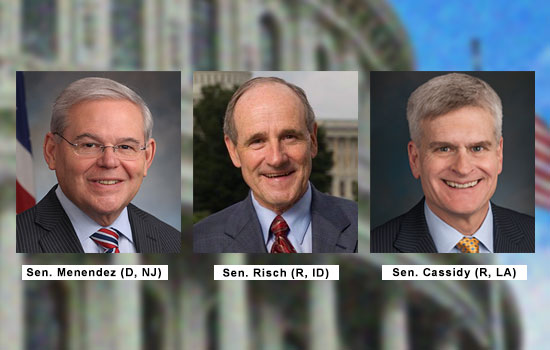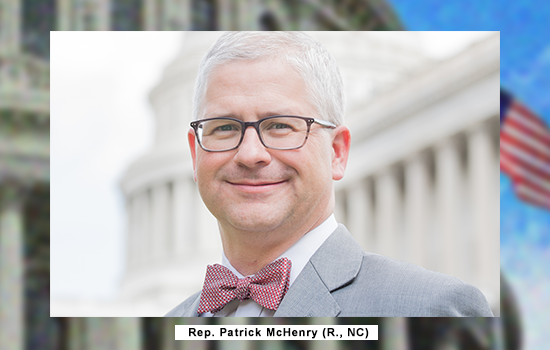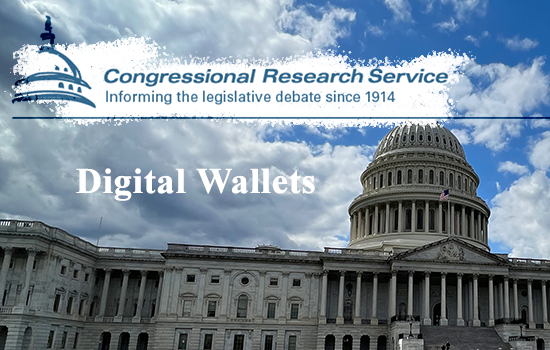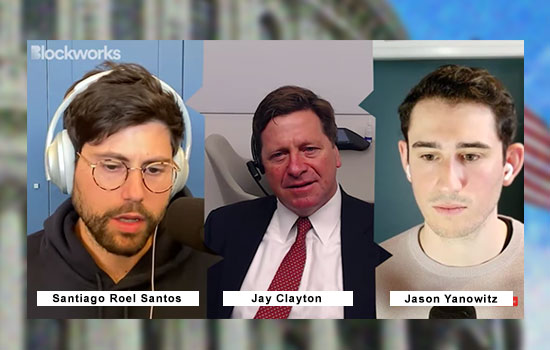The “Accountability for Cryptocurrency in El Salvador Act” or “ACES Act” (S.3666) took another step forward this month as the Congressional Budget Office reported its estimation of costs to fulfill the Act.
The bi-partisan legislation is sponsored by Senator Jim Risch (R, ID) and co-sponsored by Senator Bill Cassidy (R, LA) and Robert Menendez (D, NJ) as part of their efforts on the Senate Foreign Relations committee.
As Protocol notes, the Senators position this as a study to make sure the US financial system is not impacted negatively by El Salvador’s cryptocurrency experiment. A glass-half-full opportunity of this legislation could be to understand benefits accrued to the tiny Central American nation by its adoption of bitcoin as a legal currency. But, there’s no mention of that angle.
Published on the CBO site today, the details and costs are summarized:
“In 2021, El Salvador officially adopted a cryptocurrency as legal tender. S. 3666 would require the Department of State to report to the Congress on the details and ramifications of that action. The bill also would require the department to devise, implement, and report to the Congress on a plan to mitigate any potential risk to the U.S. financial system from El Salvador’s action and similar actions by other countries.
On the basis of information about the costs to prepare similar reports, CBO estimates that satisfying that requirement would cost less than $500,000 over the 2022-2026 period. Such spending would be subject to the availability of appropriated funds.”
Continue reading “Keeping Tabs on Bitcoin in El Salvador”








